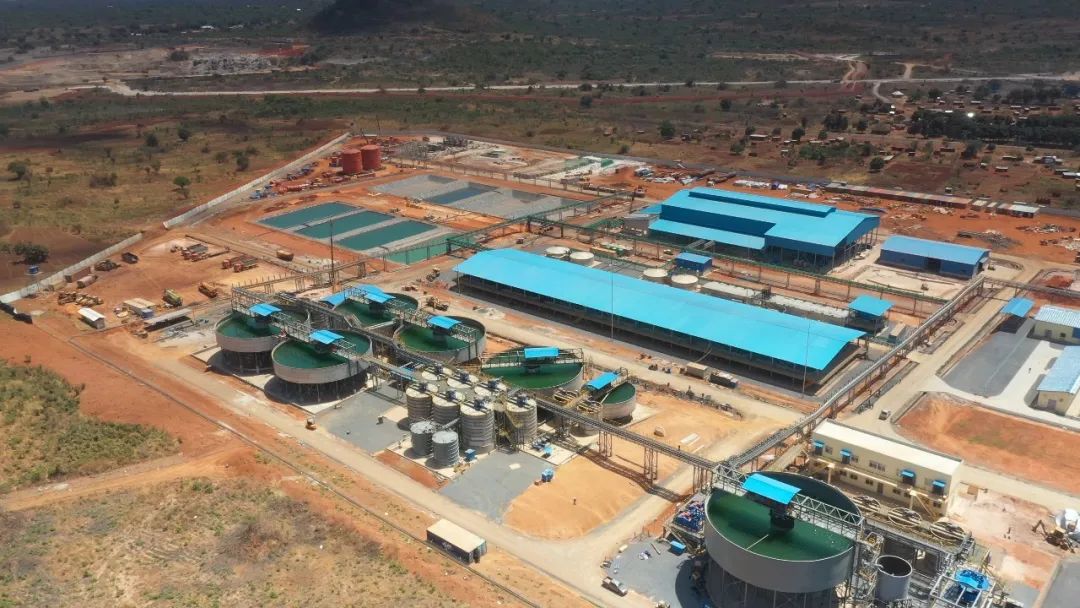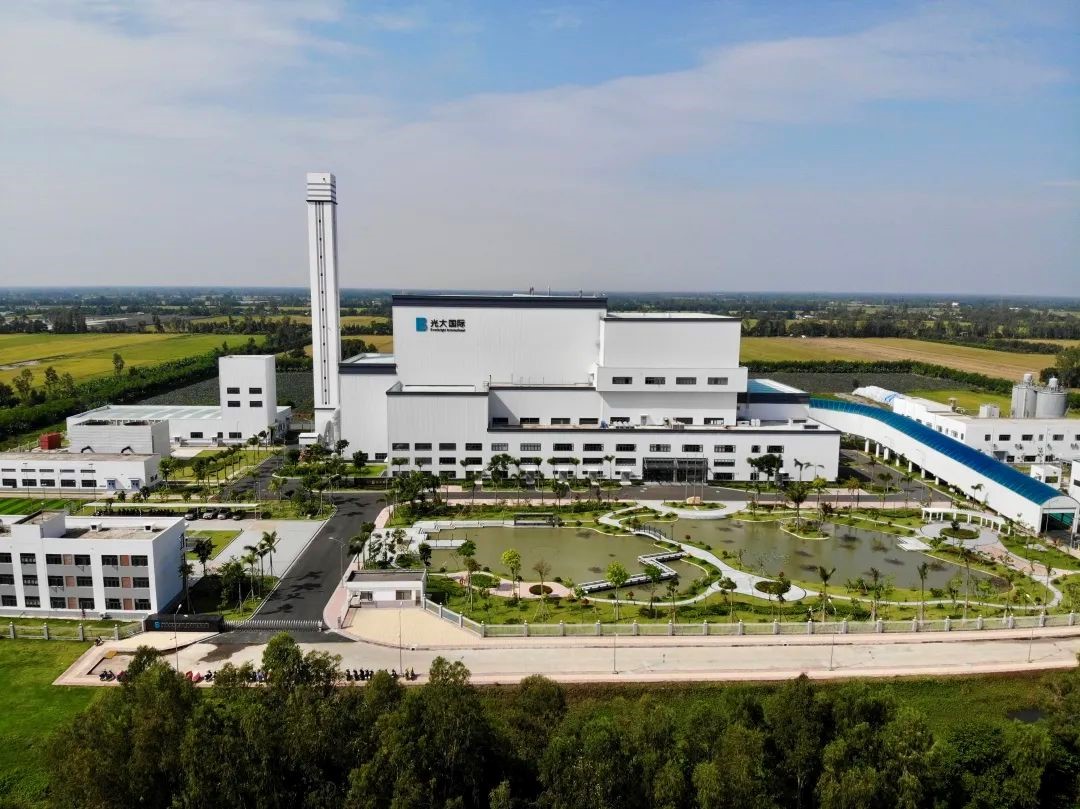Building Hong Kong into a Soft Power Hub for the “Belt and Road”
By CGCC Vision
The “Belt and Road” initiative has been facilitating the connection of infrastructures and the integration of trade, industries and finance amongst countries along the Belt. All these aspects have pressing demand for professional services. With its international acclaim for professional services, how can Hong Kong secure a share from the abundant opportunities of the “Belt and Road” ?
Linda Li: Hong Kong’s professionalism to build China’s soft power
“As the country develops its hard power, attention should also be placed on national soft power, which could constantly enhance the comprehensiveness of the country’s overall development.” China President Xi Jinping has emphasized on many occasions that the integrated strength of nationals comprises both hard and soft power. At present, the “Belt and Road” is the grandest national strategy of China. The country must continue to build its soft power to promote collaboration amongst “Belt and Road” countries and to strengthen the mutually beneficial relationship of the parties involved.
Linda Li, Professor of the Department of Public Policy of City University of Hong Kong wrote analysis regarding Hong Kong’s positioning under the national strategy of “Belt and Road”. She proposes that Hong Kong should use its professional service advantage to contribute to the country’s soft power. Lately, she and her research team have received a grant from the Strategic Public Policy Research Funding Scheme of the Central Policy Unit of the HKSAR Government. They will study the role and the sustainable development of Hong Kong’s professional service industry in the “Belt and Road”. The study also organizes and constructs “Sustainable Hong Kong Research Hub”, a cross-disciplinary application research platform that connects universities and local industries.
An amicable lion equipped with both soft and hard powers
What is soft power? Li explained that soft power tends to be an academic concept. “The so-called soft power is a notion relative to hard power. What is hard power? In ancient times, when there were conflicts of interests or when there were differences in beliefs, disagreements were usually solved with armed forces – the strong won and the weak lost. In the modern world economic sanctions are used instead of waging wars to solve similar problems.”
To put it simply, hard power refers to military power and economic strength. Li commented, “Soft power is the opposite. It is neither military nor financial. Rather, it is all about attractiveness. If we use making friends as an analogy, those who associate with you because they are afraid of your force can hardly be called friends; neither can those tempted by your financial strength be considered a friend. Only those who truly like to be with you, who are attracted by your charm, can be called friends.” From the perspective of international politics, the outcome of nurturing Chinese soft power is to build the cultural substance and image appreciated by other countries, which can in turn help to create a stronger regional influence.
In March 2014 during Xi’s visit to France, the famous quote of Napoleon was mentioned, “China is a sleeping lion. When she wakes, she will shake the world. The lion is already wide awake, but it is a peaceful, amicable, and civilized lion.” Li believed that if China is to promote its “amicable, delightful, loveable and respectable” image through the “Belt and Road”, then Hong Kong can play a part in this aspect.
In a global soft power report published by Deloitte in 2016, Hong Kong’s soft power ranks the first amongst all Asian cities. The talents of Hong Kong have come from around the world. About 770,000 people from about 39 global locations are working in our knowledge-based industries. There are 3,491 institutes and enterprises around the world that has direct connections with Hong Kong; we are conducting business with 79 countries. Any companies coming to Hong Kong can easily find a cooperative partner who can meet their expectations.
Facilitating the signing of “Belt and Road” projects in Hong Kong
“We can imagine that there will be more and more commercial and large scale infrastructure projects related to ‘Belt and Road’ in the future. The agreements of these projects can be signed in Hong Kong, and contractual issues can be settled under Hong Kong’s legal framework.” Li added that with Hong Kong’s renowned and professional legal system, international markets are willing to entrust their projects to us and this is the soft power of Hong Kong . For a very long time, Hong Kong has been China’s window to the world. Ever since China’s reform and opening up, Hong Kong has been drawing foreign capital to invest in China. In the past ten years, Chinese enterprises are actively “going international”.
According to Li, soft power, as an economic appeal, usually comes from the country’s own cultural charisma. It is an art to demonstrate cultural charm in diplomatic communications and trade flows between two countries; the requirements would be much more complicated than common business dealings. Li sees that Hong Kong is already equipped with a culturally rich ambience. With its premium professional services, Hong Kong is poised to develop into a soft power hub in the “Belt and Road”.
Li also pointed out that every project involves risk, such as business risks, management risks, sovereign risks, etc; we must stay vigilant to all these risks. She noted that the best way to handle risks is prevention. “Compared to China, Hong Kong is more professional in terms of arbitration and mediation. The technicalities in this area have to be further strengthened, which can be leveraged on to prevent many risks from “Belt and Road” projects in the future.”
The international legal framework for the “Belt and Road”
The legal bases of different countries vary. It is not uncommon that companies tapping into overseas market suffer as a result of the differences in legal perspectives. The same situation happens in China. Apple Inc, New Balance, and renowned former basketball player Michael Jordan, for example, have all had disputes in business law with Chinese companies and government authorities. Li highlighted that with many projects to launch under the “Belt and Road”, the money involved is inestimable. Therefore, the potential issues brought about by legal differences must first be clarified and understood. In fact, there have been proposals to develop an international model for commercial law, which can serve as the reference for judgement when disputes arise in cross-border businesses, and help to reach an agreement.
Li stressed that if China is to establish an international legal framework that can be adapted to the “Belt and Road”, the risks of different business transactions should first be considered. “Under the wider context of “Belt and Road”, we can foresee that the signing parties of certain mega projects will not be enterprises, but rather governments. Some accidents of the same kind took place in the past – as a new term government in a country took over power, the new government did not follow the path of the previous one and invalidated many contracts signed by the previous term. This kind of sovereign risk must be considered when the international legal framework is constructed.” Li believed that as Hong Kong is a robust legal center, it should take a more active role in this aspect of “Belt and Road” affairs. Hong Kong can first begin to conduct preliminary research to measure the risks of “Belt and Road” countries and to prevent high-risk time and locations.
Li emphasized that the professional services of Hong Kong will be adorning the world-facing “Chinese brand” by increasing the country’s resilience against risks. This in turn can lift Hong Kong’s international reputation to a new level, demonstrating the unique advantage of its “One country, Two systems”.
P C Lau: Professional Sectors Have Great Potential under the “Belt and Road Initiative”
When asked about what opportunities the “Belt and Road” Initiative would offer to Hong Kong’s professional services, many members of the professions would tell you capturing these opportunities are easier said than done. P C Lau, Chairman of the Hong Kong Coalition of Professional Services, visited some “Belt and Road” countries to observe and study on site. He has had an in-depth look at how the local professional sectors can tap and expand into the “Belt and Road” markets.
Hong Kong professional services to fill the gap
Lau commented that in the face of a complicated and everchanging global situation, China can no longer merely follow the footsteps of European countries and the US; rather, it is time to create its own rules of the game. The Asia Infrastructure Investment Bank, the Silk Road Fund, and the free trade agreement between China and the ten ASEAN nations are all rising to this opportunity. The strategy of the “Belt and Road” has been put forward under this backdrop.
“About 40% of the world’s population lives along the “Belt and Road”. At present, the aggregate GDP of these countries is not
high, implying they have much potentials awaiting uncovering.” As a member of “old Hong Kong”, Lau frankly commented that Hong Kong has a wide array of strengths. “The fact that Hong Kong has long been an international free port is its primary strength. In terms of social structure, ‘One Country, Two Systems’ is another strength. As a starting point of the Maritime Silk Road, we also have a favorable geographical location. Our free flow of information, talent pool, sound legal system and business ethics also offer confidence to other countries.” He emphasized that Hong Kong’s services are highly professional, and we have the capacity to deliver premium professional service offerings – something that are still lacking in “Belt and Road” countries.
Keeping up with state enterprises in generating business opportunities
Earlier on, Lau visited Kazakhstan, Myanmar, Indonesia, Cambodia and Yinchuan in Ningxia Autonomous Region. He has much to share about choosing which “Belt and Road” country to tap into and the points to note in doing so.
What tips can the Hong Kong professional service sectors use when they expand into the “Belt and Road” markets? Lau responded, “State enterprises and central state-owned enterprises.” He pointed out that basically speaking, when Hong Kong professionals take part in the projects of state enterprises and central state-owned enterprises, they would be able to offer services and collect fees under very low risks. That said, Hong Kong companies should try not to be “too greedy”. They should focus on certain markets with high potentials. “Do not make plans to profit from local companies, but rather from state enterprises and central state-owned enterprises. To put it simply, look for businesses that are settled in USD or RMB instead of the local currencies. This would help prevent currency devaluation risks.”
Lau encouraged Hong Kong’s professional service industry to make good use of their prevailing networks. There are many clansmen associations as well as commercial and industrial associations in “Belt and Road” countries. If we can leverage on our connections with them, we will be able to get a head start. “I recall a few years ago during the Malaysian delegation led by the then Chief Secretary Carrie Lam, she met with Hong Kong expatriates living in the country. Most of them are engineers, which show that Hong Kong has been exporting many professionals.”
Business opportunities are certainly enticing, but Lau also pointed out that to expand into the “Belt and Road” markets, a series of issues must first be overcome. Those who are interested should find out what these are and make early preparation. “The first and foremost are the cultural differences: many Central Asian countries, such as Kazakhstan, are Muslim and there are many taboos. Secondly, there are market risks: for example, the new term of Myanmar government vetoed a reservoir project that was previously approved. Then, there are customer risks: for example, there may not be a local organization comparable to a credit insurance unit. In case something goes wrong, customers would not be protected.”
Despite these shortcomings, Lau still encourages Hong Kong’s professional service sectors to get an early start in these places. Earlier on, he went on a trip to observe and study a few European countries, including Hungary, Poland and Germany, and saw that quite many Mainland enterprises have already tapped into them. They began with an annual profit of USD 3 to 4 million, but are now about 10 times bigger; profits are growing by tens of millions. These countries have good relationship with China. Hong Kong companies can ride on this and offer their professional services.
Drawing on others’ experience to gain a head start
From his trip to Kazakhstan last year, Lau learned that the country had plans to construct a 65km light rail. The China Development Bank has offered a loan of USD 1.8 billion, and a Spanish company will be supplying the trains. China Communications Construction Company and China Railway Construction Corporation are both ready to jump in. All hardware elements are set, but management expertise is lacking. In the end, they seek help from MTR Corporation of Hong Kong for professional assistance.
Over the past few years, MTR’s businesses have expanded into Mainland cities such as Beijing, Tianjin, Shenzhen, etc. Airport Authority Hong Kong also took part in the construction of Zhuhai Airport and Hongqiao Airport. Much experience has been accumulated in these former success cases, which could serve as a reference for companies planning to tap into the “Belt and Road” markets.
Lau quoted Zhang Dejiang, Chairman of the Standing Committee of the National People’s Congress, who spoke about two infrastructure projects in Nepal and Cambodia in the “Belt and Road” Summit held in May 2016 in Hong Kong. Hong Kong consultancy firms were introduced to these two projects to undertake supervision duties. Soon after, Nepal was hit by a large earthquake. Many buildings collapsed, but not those supervised by Hong Kong companies. These fully illustrate the fine quality of Hong Kong’s professional service.
Government should assume leading role
Lau said that as the government has always pursued the consistent principle of “small government, big market”, there are worries that any industry-specific support would be criticized by other industries. However, he considers this approach inadequate under current circumstances. He wished that the government could serve as the industry’s lobbyist and connector – as there may be cases that when opportunities arise in mega-scale business projects, government to government negotiation is required to close the deal. Lau hopes the government can change its way of thinking and actively assist the industries in looking for new business opportunities, rather than simply relying on the industry’s own efforts.
This article was firstly published in the magazine CGCC Vision March 2017 issue. Please click to read the full article.




